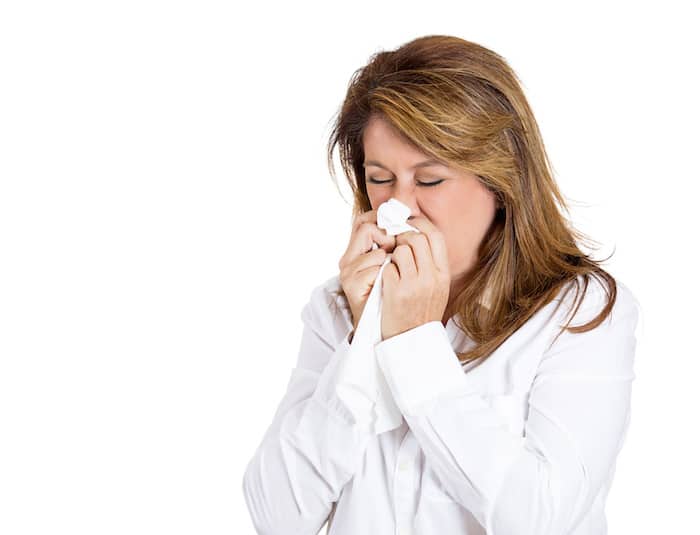Right from the time when COVID-19 first surfaced, one thing is clear- the elderly are more vulnerable to the virus and they need extra care. Research indicates that adults over 60 and particularly those with pre-existing conditions such as diabetes, hypertension, heart disease, lung disease, or cancer, can experience serious or even deadly implications. So if you have aging and ailing parents or grandparents at home, you need to go the extra mile with their safety. Here are some measures that you can take to protect seniors from the infection and deal with the worst.
Mitigating the risk
It is evident that a loved one over sixty and with a chronic condition is definitely at risk. But rather than just assessing the risk for your loved ones, you need to have a mitigation strategy in place. Start by minimizing the contact of the elderly with others in the family, specifically those who go out. Avoiding visitors is equally important because social distancing is mandatory to ward off the infection. Prioritize safety measures such as wearing masks and hand hygiene and make the seniors aware of their importance as well. Limit them indoors and have isolation arrangements in place, which becomes all the more vital if they have multiple co-morbidities.
Addressing pre-existing conditions
Apart from the mitigation of the risk of infection for seniors, you must also take adequate actions to address pre-existing illnesses and conditions. Keep a check on vital health parameters such as sugar levels and blood pressure. It is important to know about Coronavirus affecting people with sleep apnea because the condition can be a major concern for the elderly, although you may not consider it to be a chronic illness. Pay attention to the smallest of problems and symptoms because an infection can aggravate them to the extent of making them life-threatening. Have a proper stock of existing medications all the time and also arrange equipment such as a nebulizer, oxygen concentrator, and CPAP machine at home for seniors with an underlying lung condition. Stay in touch with the doctor through telehealth consultations and report symptoms as soon as you notice them.
Paying attention to emotional well-being
It is important to have a proper exercise routine for the elderly at home so that they stay active, mobile, and physically fit. But you also need to pay attention to their mental health and emotional well-being as well. Seniors are more likely to be stressed in the current scenario and need good care and support. Focus on keeping them active and positive at home. You can buy them some good books or movies, consider introducing them to a new hobby like gardening or craft or start a morning yoga and meditation session with them. Prioritize spending quality time with the elderly because isolation can have a profound impact on their mental health. You can even help them learn to do Skype sessions with family or friends so that they can stay connected with their loved ones.
Being aware and conscious about the health of aged loved ones can keep them safe from the pandemic. If they will be safe, you will be less anxious as there will be one less thing to worry about.
Senior Outlook Today is your go-to source for information, inspiration, and connection as you navigate the later years of life. Our team of experts and writers is dedicated to providing relevant and engaging content for seniors, covering topics such as health and wellness, finances, technology and travel.






